Table of Contents
Introduction
The LED Flasher Circuit Using Relay is a simple and fascinating electronic project that demonstrates how to create a blinking effect using basic components like a relay and a transistor. This circuit alternates LEDs between on and off states, making it perfect for decorative lighting, indicators, or DIY hobby circuits. With just a few easily available components, this setup can teach important concepts in electronics such as switching, current control, and relay operations.
Components Required
| S.No | Component Name | Value | Quantity |
|---|---|---|---|
| 1 | Relay | 6V | 1 |
| 2 | NPN Transistor | BC547 | 1 |
| 3 | Red LED | – | 1 |
| 4 | Blue LED | – | 1 |
| 5 | Multicolor LED | – | 1 |
| 6 | Resistor | 220Ω | 1 |
| 7 | Power Supply | 6V DC | 1 |
BC547 Pinout

Circuit Diagram

Working Principle
The main working principle of this circuit is based on the switching mechanism of the relay controlled by the BC547 transistor. Here’s a breakdown of how it works:
1. Powering the Circuit
The circuit is powered using a 6V DC power supply connected at the VCC terminal.
2. Relay Coil Activation
When the circuit is powered, the base of the BC547 transistor (Q1) receives current through the multicolor LED3, turning it on. This allows current to flow from the collector to the emitter of the transistor, energizing the coil of the 6V relay.
3. Switching the Contacts
The relay has three key contacts:
- NC (Normally Closed)
- NO (Normally Open)
- CO (Common)
Initially, CO is connected to NC. When the relay is energized by the transistor, CO switches to NO.
4. Flashing LEDs
- In one state, LED1 (Red) is ON while LED2 (Blue) is OFF.
- In the alternate state, LED2 (Blue) turns ON and LED1 (Red) turns OFF.
- This alternating pattern continues as the relay is repeatedly energized and de-energized, resulting in a flashing effect.
- The multicolor LED3 gives an additional aesthetic element and also helps drive the transistor.
5. Current Limiting
The 220Ω resistor (R1) is used to limit the current to safe levels for the LEDs.
Applications
- Decorative flashing lights
- Toy circuits
- Vehicle indicator prototypes
- Learning kits for electronics beginners




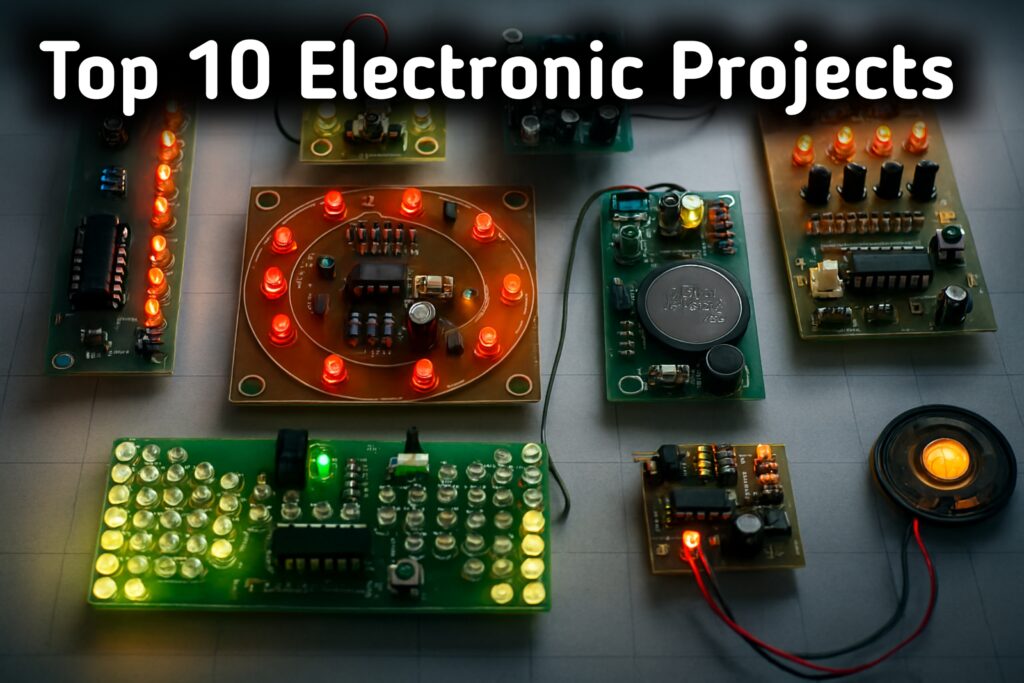
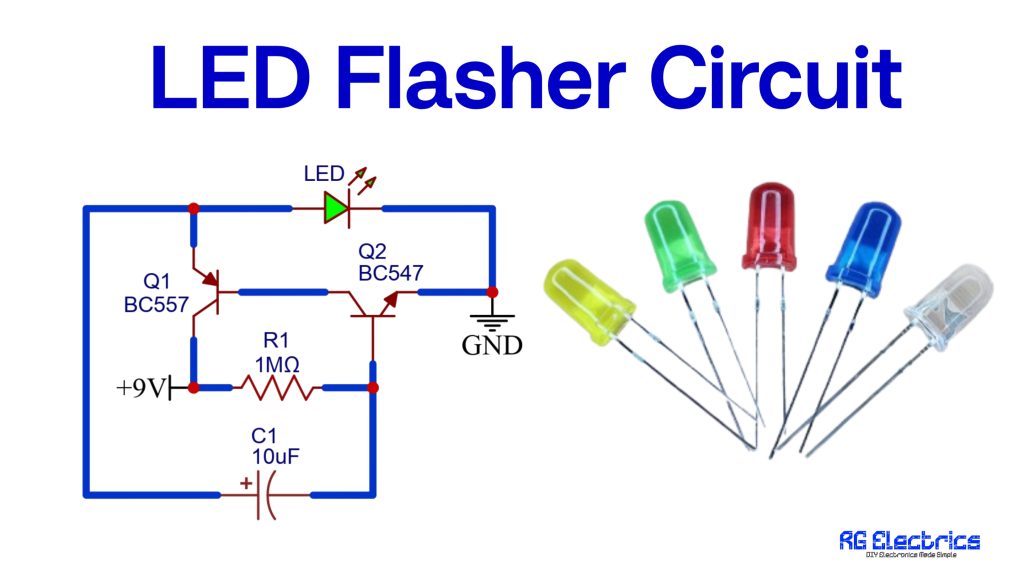
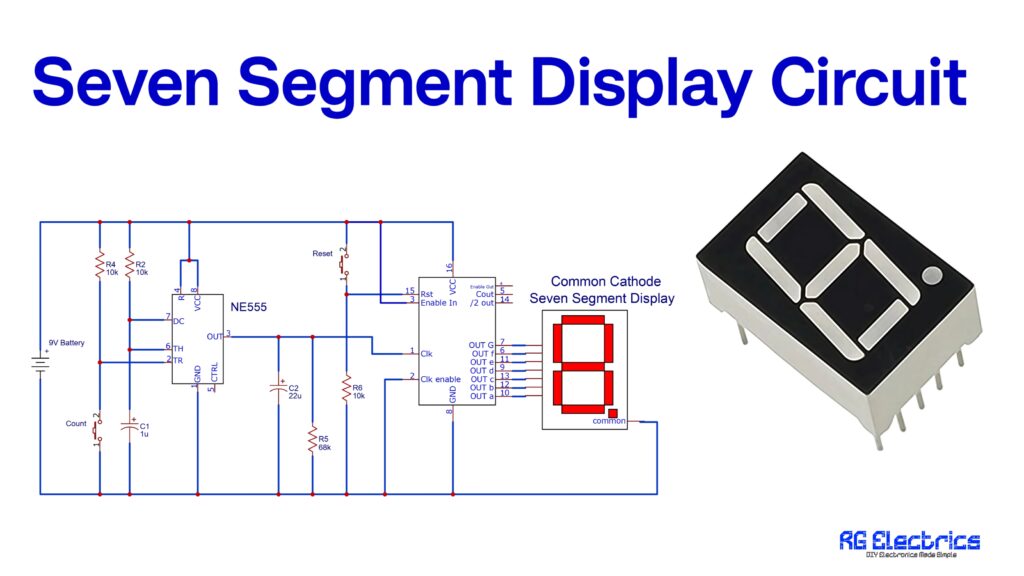



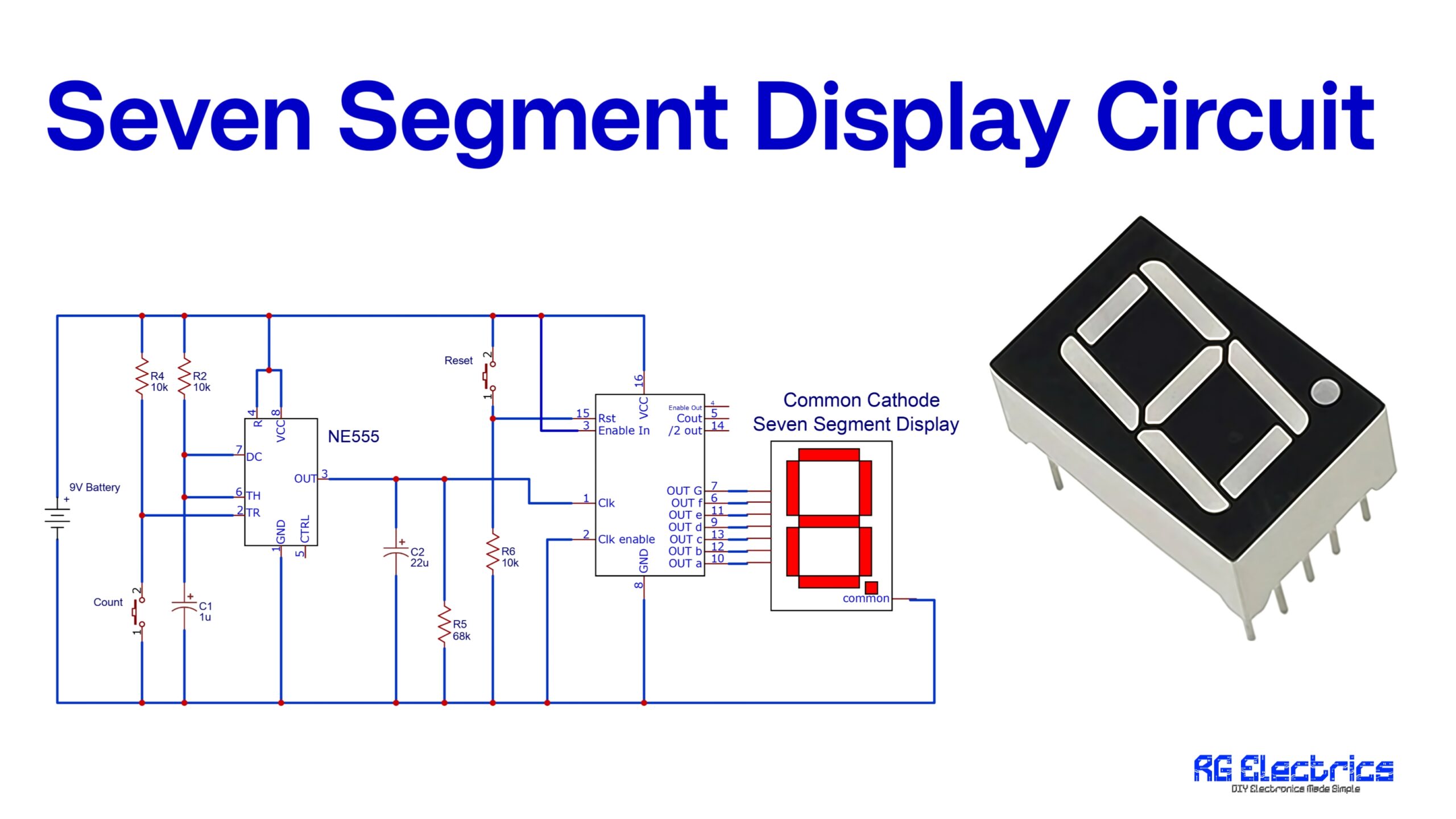

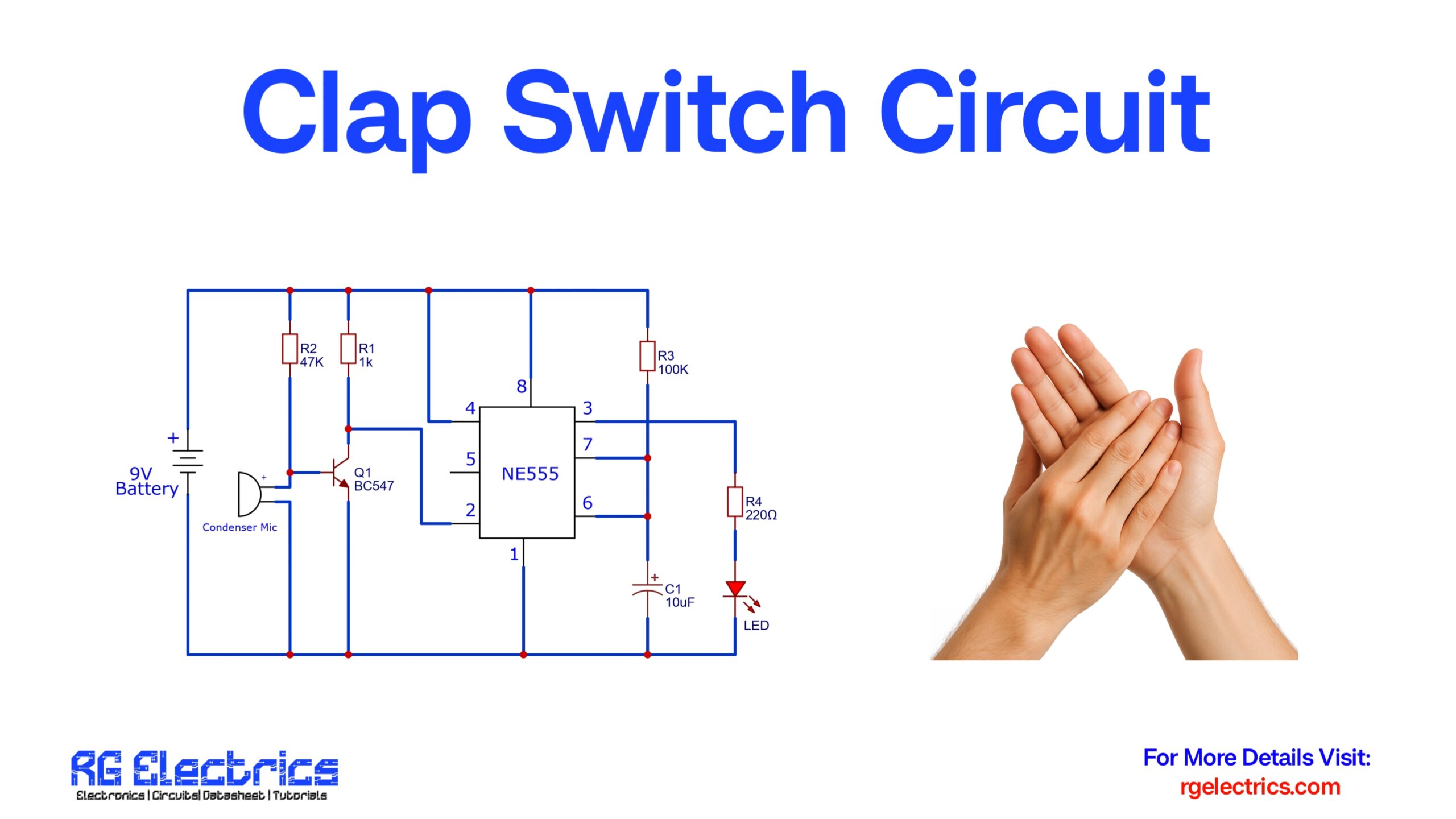
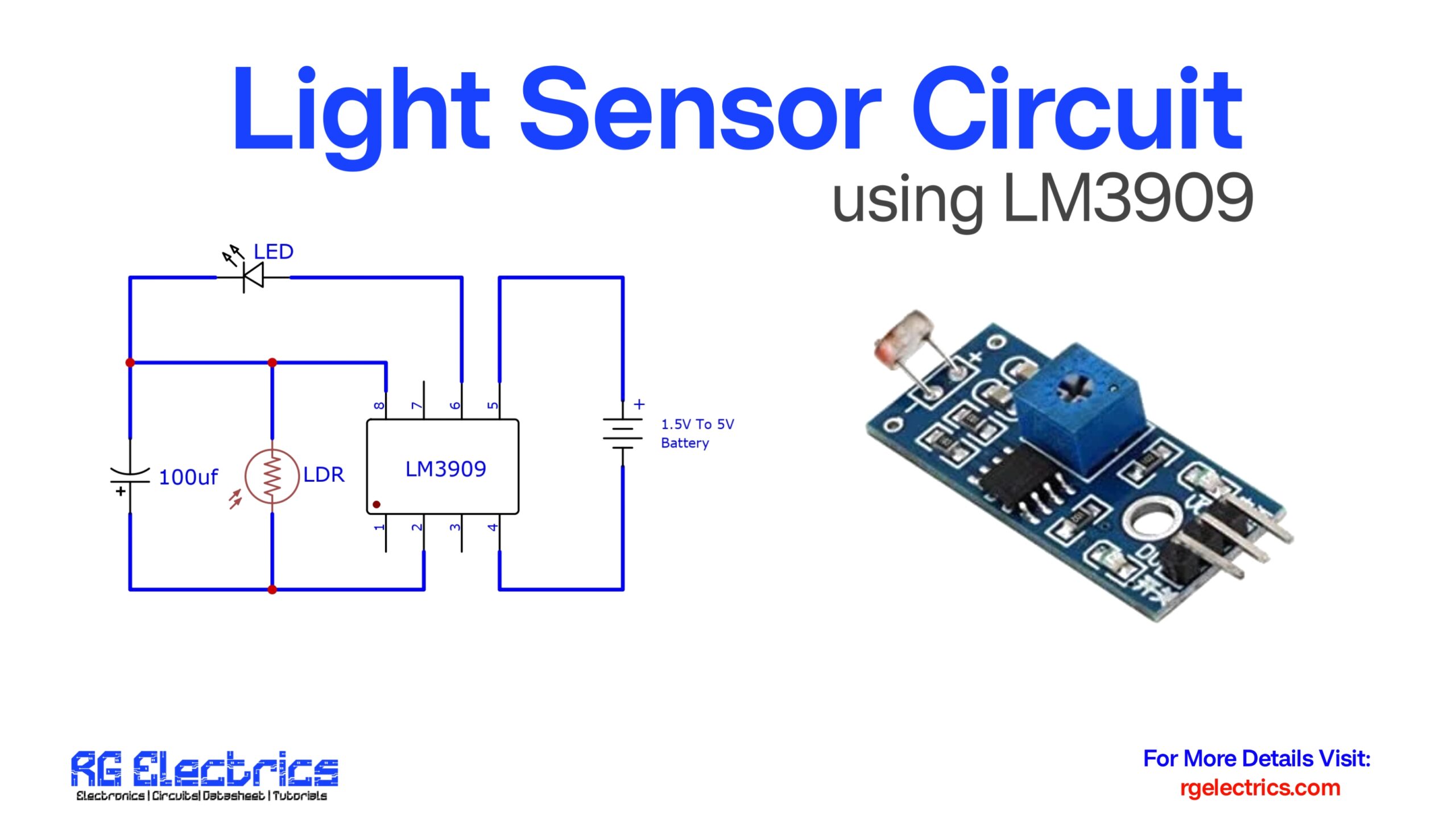


Very good